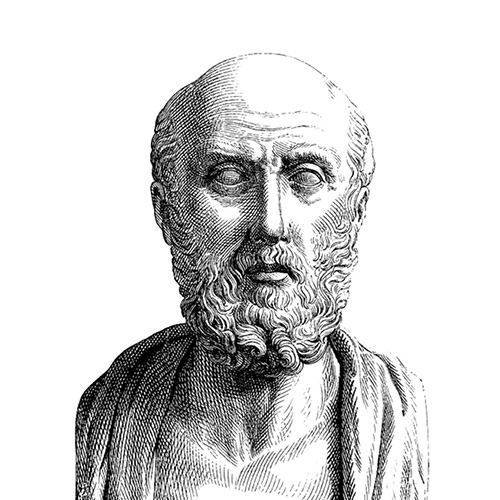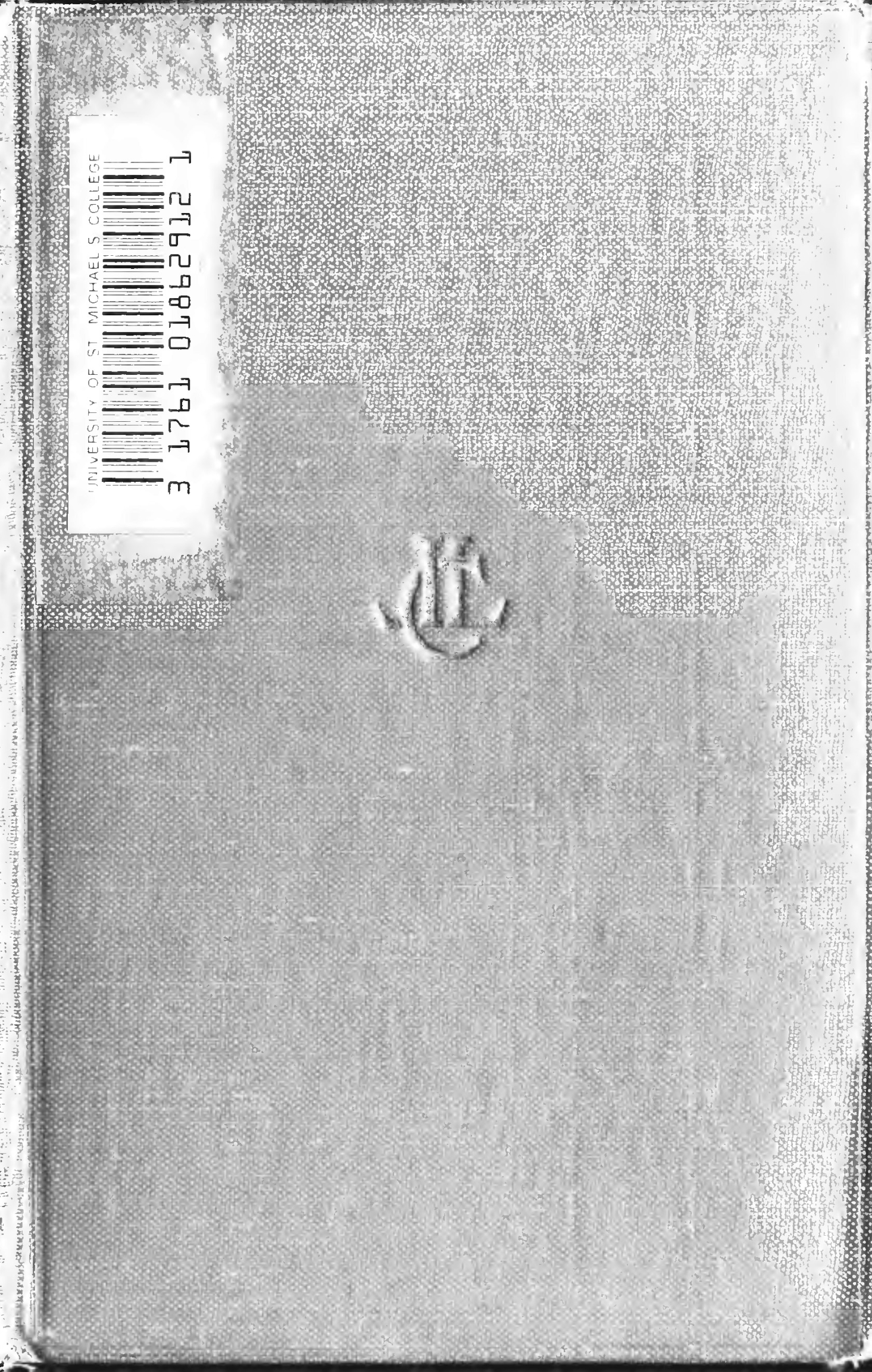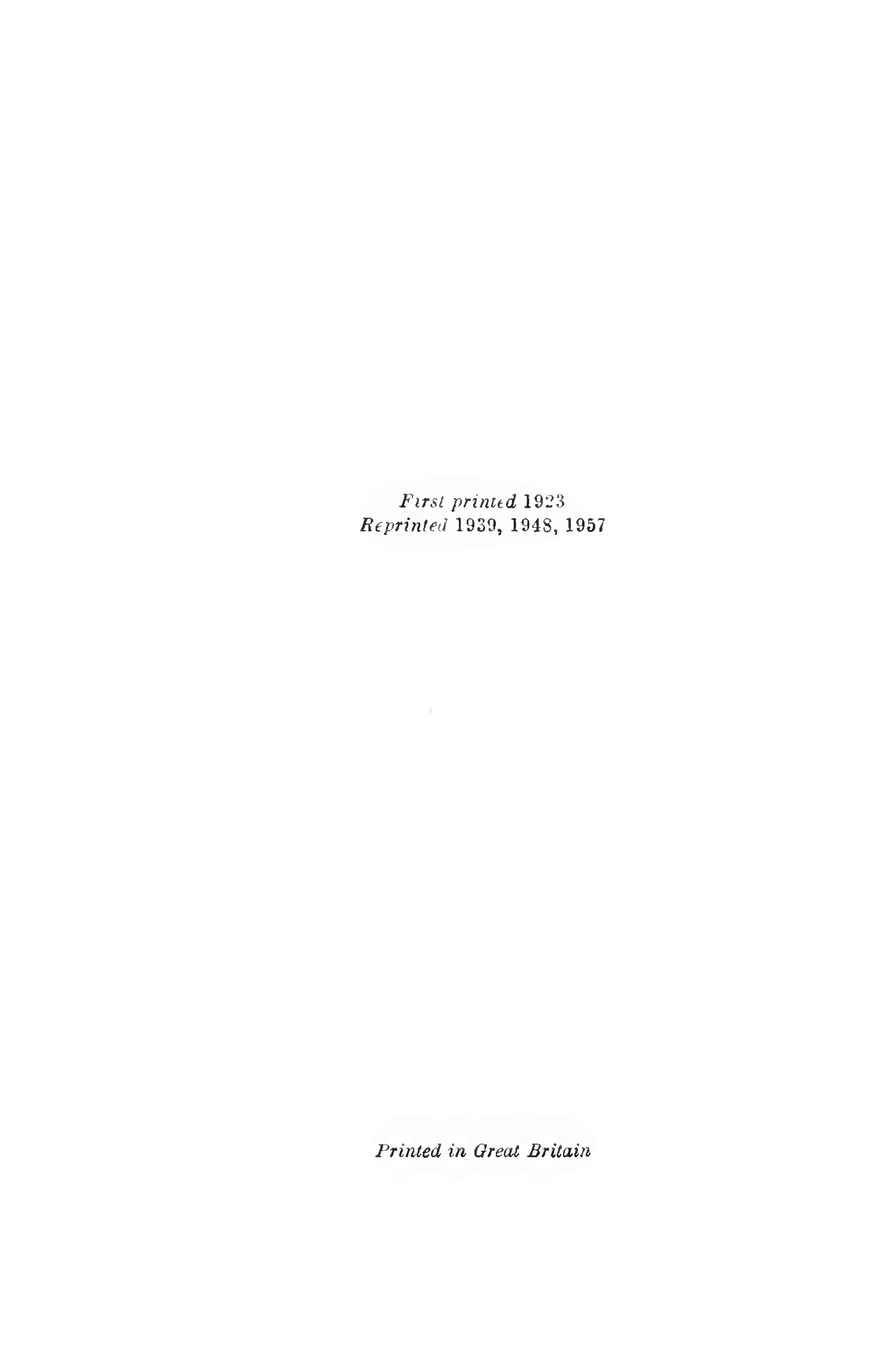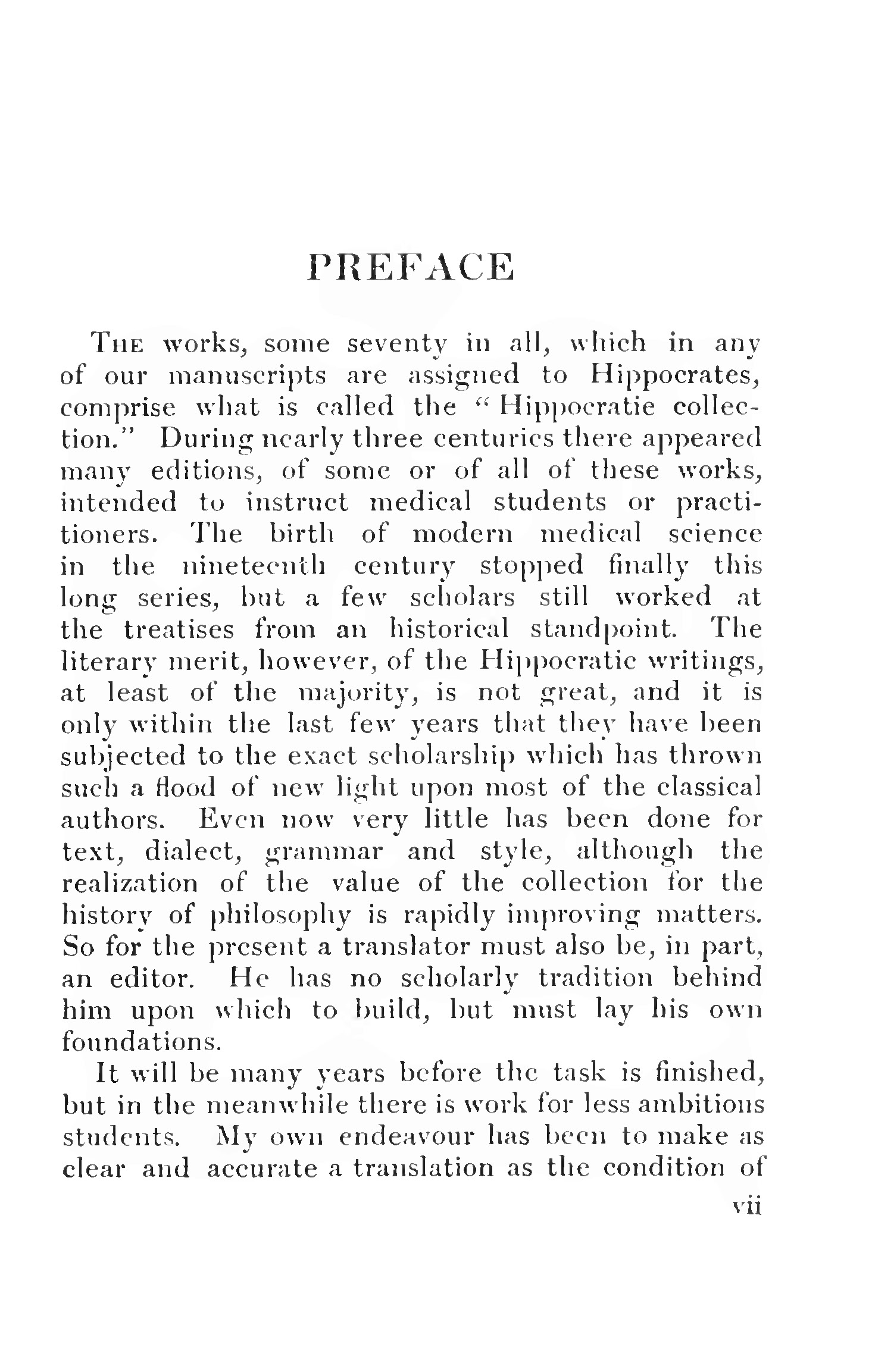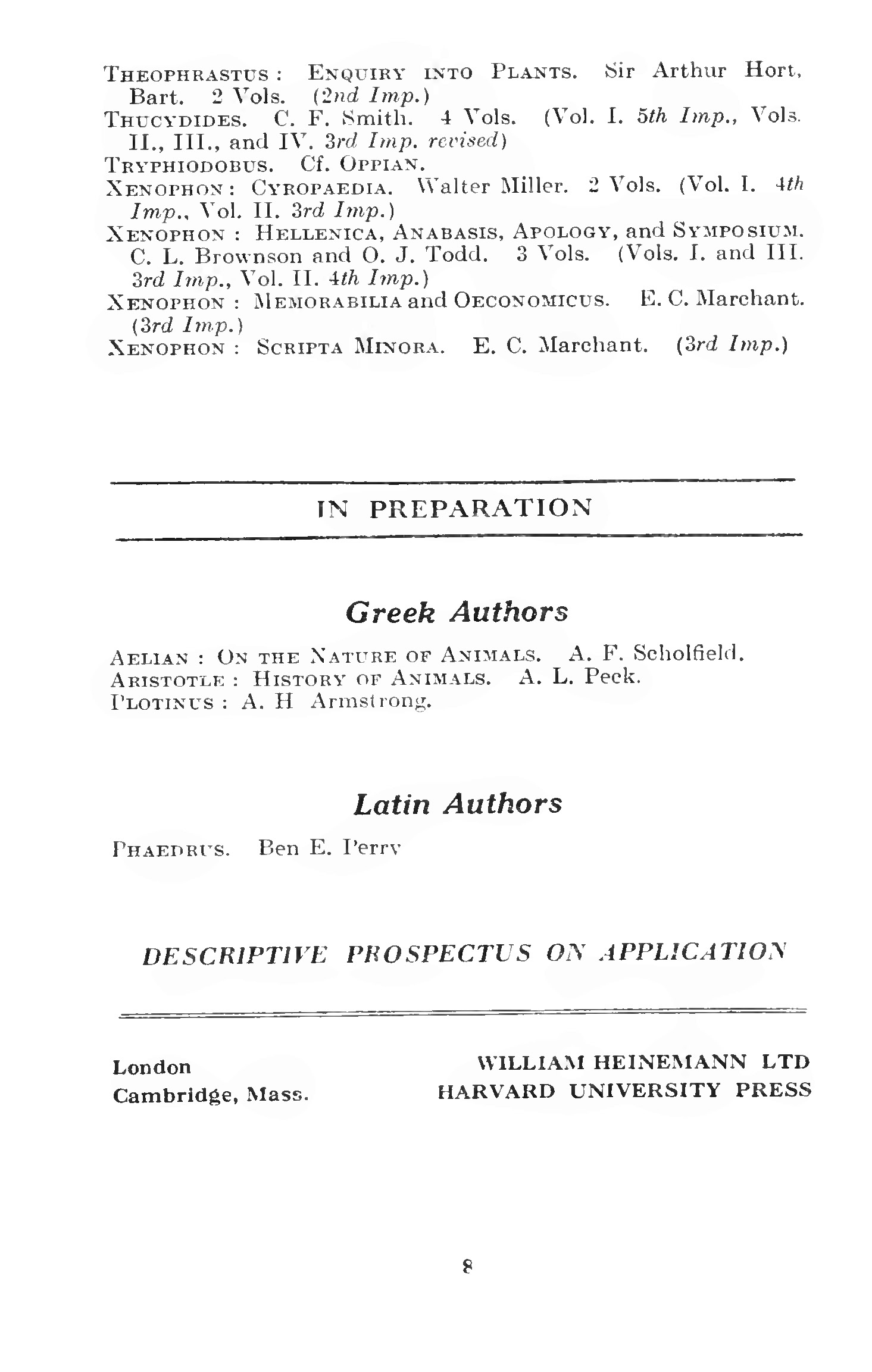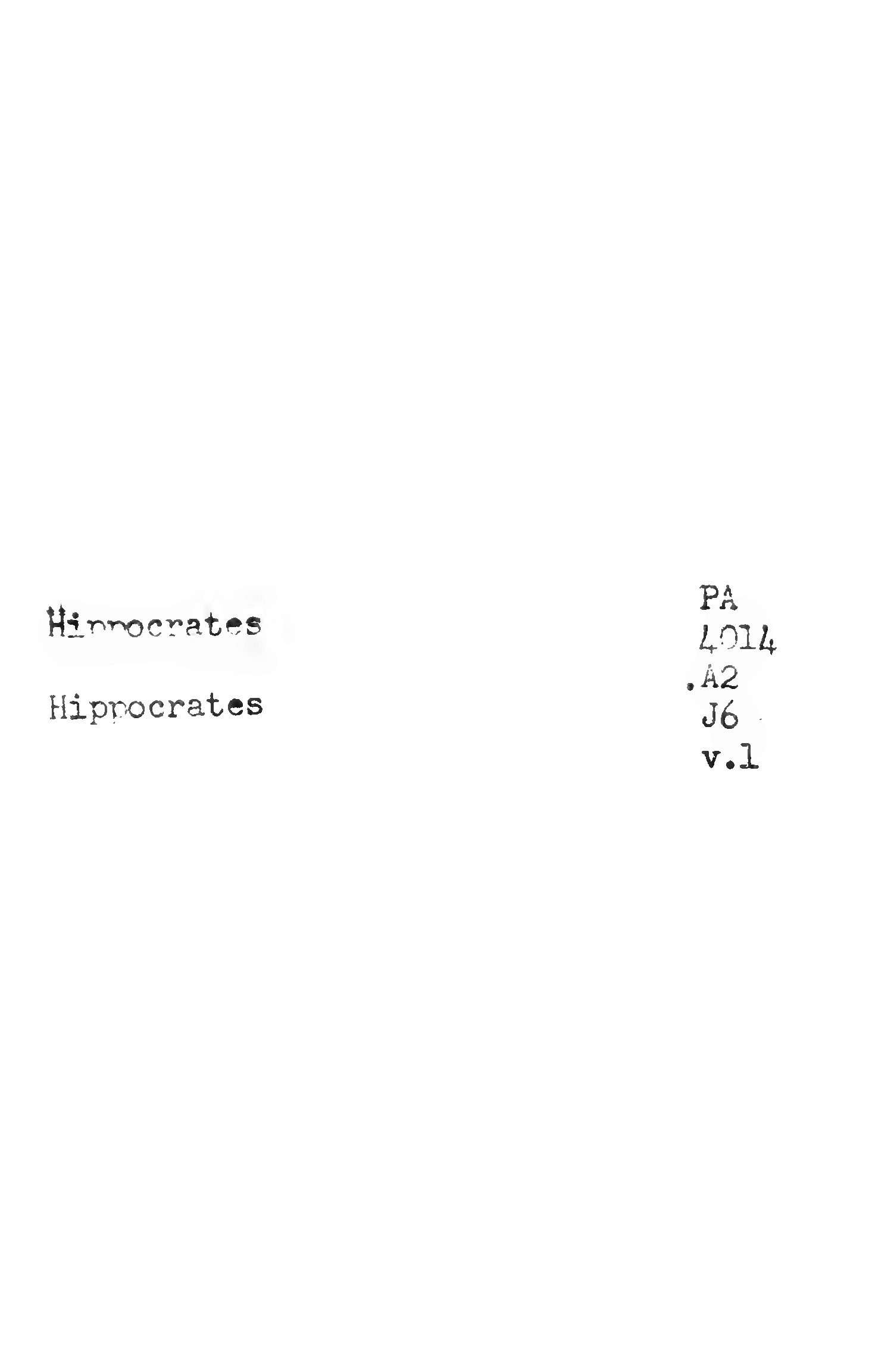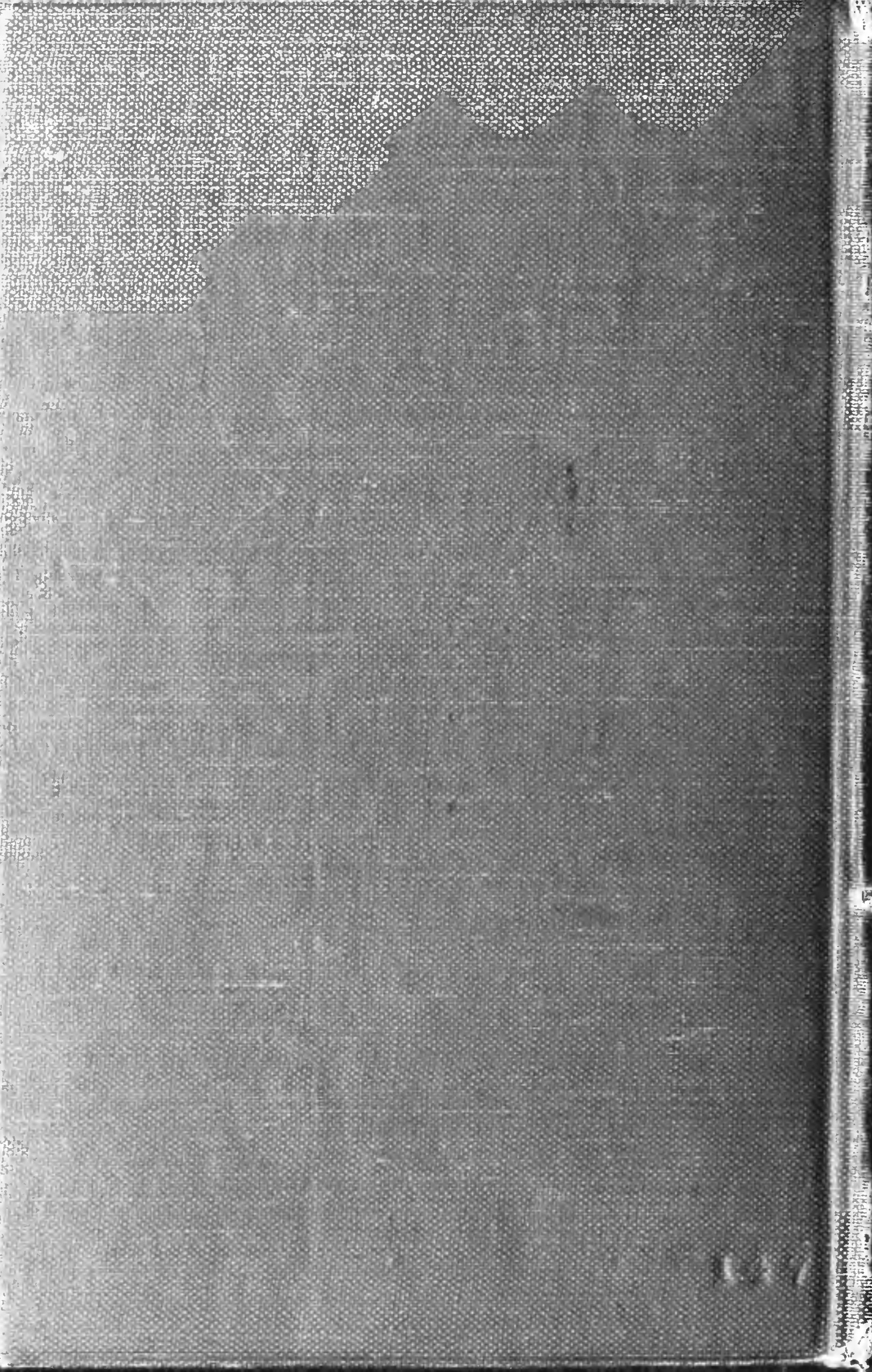About
LCL 147 is the first volume concerning the historical Greek physician named Hippocrates. It was published in 1923 and translated by William H. S. Jones.
Source: OMNIKA
Hippocrates, said to have been born in Cos in or before 460 BCE, learned medicine and philosophy; travelled widely as a medical doctor and teacher; was consulted by King Perdiccas of Macedon and Artaxerxes of Persia; and died perhaps at Larissa. Apparently he rejected superstition in favour of inductive reasoning and the study of real medicine as subject to natural laws, in general and in individual people as patients for treatment by medicines and surgery. Of the roughly 70 works in the 'Hippocratic Collection' many are not by Hippocrates; even the famous oath may not be his. But he was undeniably the 'Father of Medicine'.
The works available in the Loeb Classical Library edition of Hippocrates are the following. Volume I: Ancient Medicine. Airs, Waters, Places. Epidemics 1 and 3. The Oath. Precepts. Nutriment. Volume II: Prognostic. Regimen in Acute Diseases. The Sacred Disease. The Art. Breaths. Law. Decorum. Physician (Ch. 1). Dentition. Volume III: On Wounds in the Head. In the Surgery. On Fractures. On Joints. Mochlicon. Volume IV: Nature of Man. Regimen in Health. Humours. Aphorisms. Regimen 1–3. Dreams. Volume V: Affections. Diseases 1–2. Volume VI: Diseases 3. Internal Affections. Regimen in Acute Diseases. Volume VII: Epidemics 2 and 4–7. Volume VIII: Places in Man. Glands. Fleshes. Prorrhetic I–II. Physician. Use of Liquids. Ulcers. Haemorrhoids and Fistulas. Volume IV also contains the fragments of Heracleitus, On the Universe.
Source: Author or Publisher
expand_more Read more Read less
Access
Read for free
External sources
Primary
Myth
Hippicrates is largely considered the father of Western medicine because of his contributions to the development of modern, rational medical practices. Many of his attributed works, survived to us through a series of books called the Hippocratic Corpus, outline a foundation for the kind of medicine that is familiar in the 21st century. The historical accuracy of Hippocrates as a person is not well understood, and his background is largely considered a mystery.
Belief system
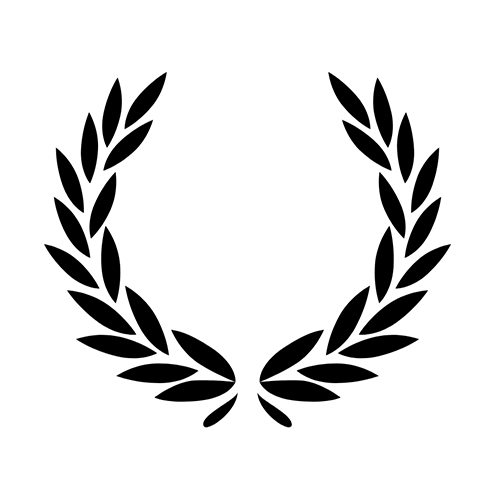
The ancient Greek belief system represents a collection of cultural myths and stories that date back to circa 1300-1200 BCE. Its pantheon of deities were widely known and written about in Greek texts. The Romans...
Deity
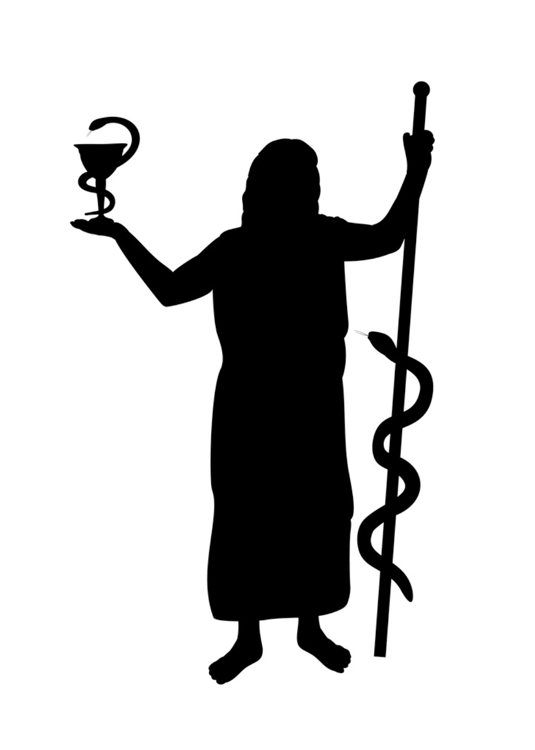
Asclepius (Greek: Ἀσκληπιός) was a Greek deity associated with medicine and healing. His father was said to be Apollo.
Translation
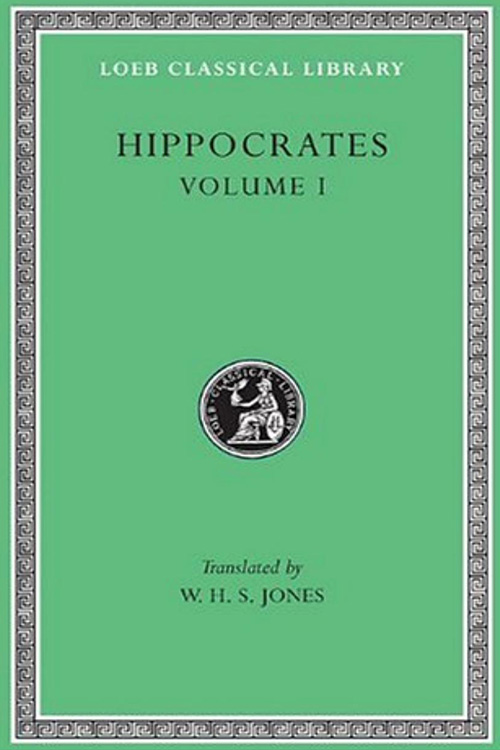
"The Oath" is an English translation of the 'Hippocratic Oath' by William H.S. Jones. It was published in 1923 as part of Loeb Classical Library, no. 147. Both Greek and English versions are provided. The oath depicted indicates what physicians must say upon being designated a practitioner of medicine.
Myths cited
It looks like only the main myth was referenced in this work.
Belief systems cited
It looks like only the main belief system was referenced in this work.
Library works
Contributor
Cite this work
ChicagoHippocrates. Hippocrates / Volume I: Ancient Medicine. Airs, Waters, Places. Epidemics 1 and 3. The Oath. Precepts. Nutriment. Translated by William H. S. Jones. Loeb Classical Library 147. Cambridge, MA: Harvard University Press, 1923.

